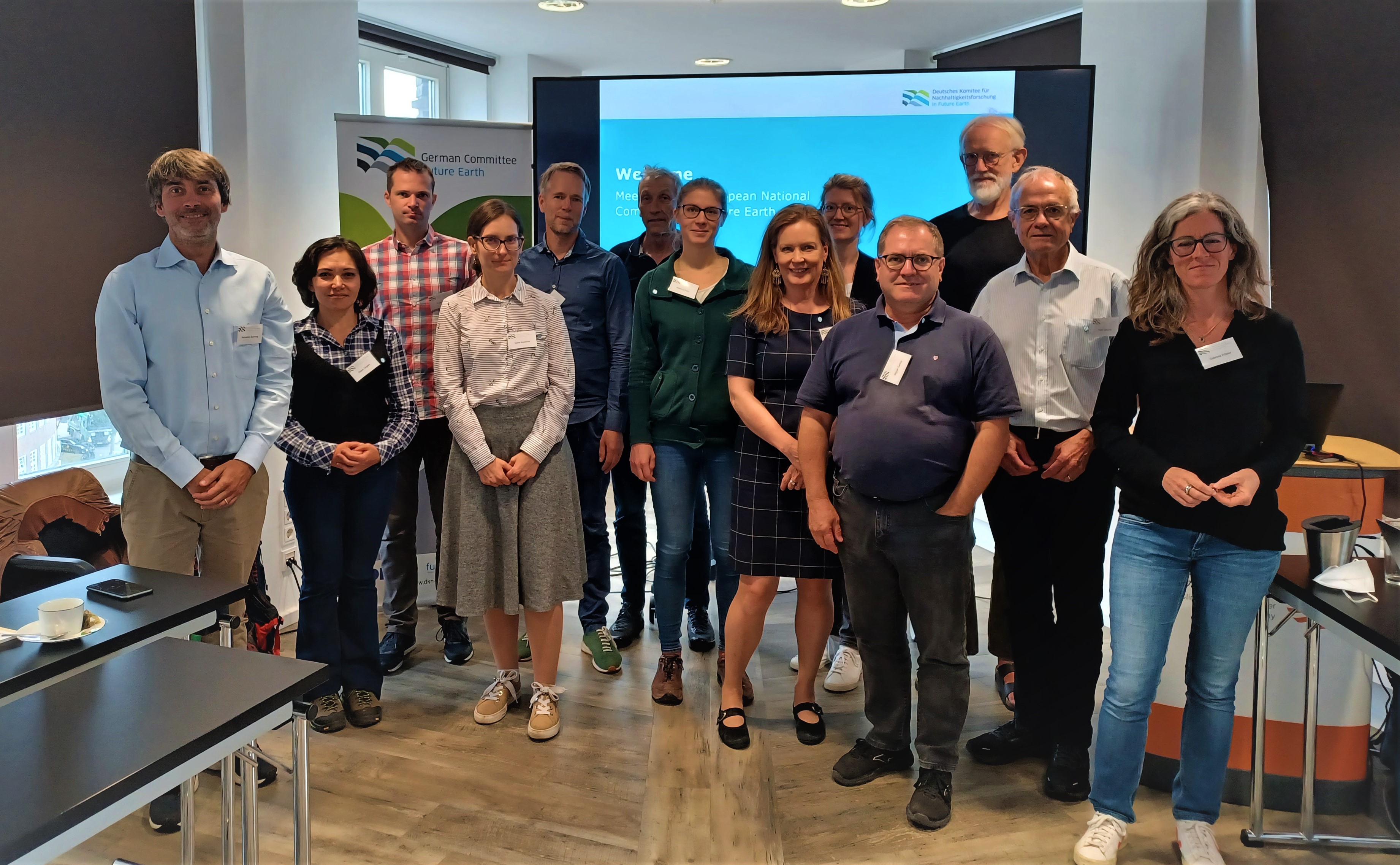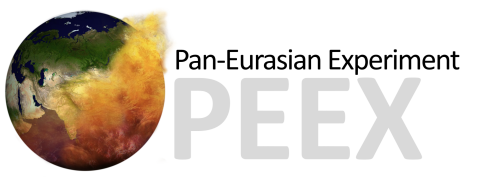Project Description

Daniela Jacob and Sebastian Sonntag (DNK) welcomed European Future National Committees to the meeting on 14 September in Hamburg, to discuss future collaboration between national committees. At the moment there is no joint activities among European networks. National Committee Finland, the “Future Earth Suomi” (https://futureearthsuomi.fi/), chaired by INAR University of Helsinki, Acad. Markku Kulmala, was also invited to the meeting.
For a start the current challenges for sustainability science were discussed. It was addressed that the integration of social sciences, economics and politics is most important asset for applicable solution-oriented results and the interdisciplinary and integrated research needs to become similarly recognised and valued as “mono-disciplinary” research. It was also discussed that the most effective levers for a sustainable transition have to be determined and communicated to decision makers.
Finland and Swiss committees presented recent activities and plans for future initiatives to approach challenges for sustainability research, such as the Planetary Health Hackathon event and the framework called “Atmosphere and Climate Competence Center (a Flagship project funded by Academy of Finland) and the annual Sustainability Science Forum (Switzerland) and the position paper on priority themes in sustainability research, a Sustainability Research Initiative.
The discussion on effective coordination of research activities in Europe was started by a talk given by Rebecca Fenn (new contact for National Committees) and Jakob Lundberg, (Future Earth Secretariat) on the structure of Future Earth and the global activities of Future Earth. To increase the effectivity of research coordination within Europe and beyond are an extension of the Future Earth National Committee network could be enhanced by including new European countries. It would be important to invite young scientists to network within the European sustainability research community. Summer schools organised by the French committee in cooperation with the French Future Earth Global Hub serves as good examples. Also, joint seminar series could enhance networking among the European partners. Thus to start a common summer school based on a French model, rotating among the European countries was chosen as a first potential project. This will be followed up on in a meeting planned for mid of November.
